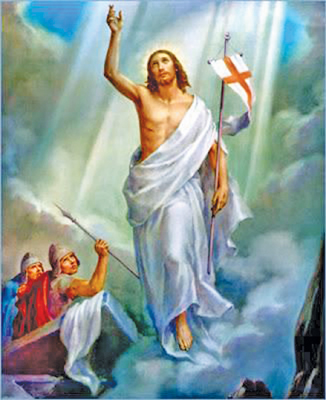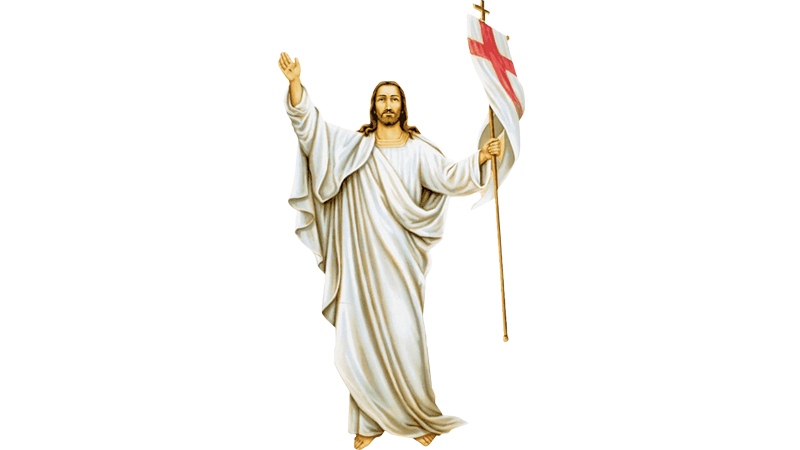Easter Sunday, the greatest day of the Christian calendar, represents the very spirit of faith, rebirth, and hope. As the sun rises on this holy day, Christians worldwide gather in churches, homes and communities to remember Jesus Christ’s resurrection. Through hymns, prayers, and biblical readings, they focus on the great importance of Christ’s victory over death, which serves as the foundation of their faith.
However, Easter is more than just a sorrowful event; it is also a time for radiant celebration. Families gather to participate in rich traditions such as Easter egg hunts, enjoying symbolic dishes and enjoying the warmth of unity. Beyond religious ceremonies and joyous customs, Easter is a reminder of the eternal promise of the resurrection and the power of love to overcome Satan.
New Beginnings
 In an uncertain world, Easter Sunday stands out as a light of hope, encouraging hearts to embrace the promise of new beginnings and the assurance of eternal life.
In an uncertain world, Easter Sunday stands out as a light of hope, encouraging hearts to embrace the promise of new beginnings and the assurance of eternal life.
Easter goes back to ancient Christian customs and the Jewish Passover celebration. According to the Gospels, Jesus Christ was crucified on Good Friday and buried in a tomb, but on the third day, Easter Sunday, he rose from the dead. The Resurrection, is central to the Christian faith, representing the victory over sin and death as well as the promise of eternal life. Jesus’s resurrection changed the disciples’ pain into unwavering trust in Him.
Religious observances on Easter Sunday vary by religion and culture, but they frequently begin with sunrise services, which represent the start of a new era. These are marked by admiration and expectancy, as Christians assemble and repose their trust in the Saviour who resurrected. Churches are decorated with flowers to represent new life, and the environment is filled with music and worship. Throughout the service, biblical readings, sermons, and hymns highlight the account of the Resurrection, emphasising Easter’s main message: death has been defeated and new life has begun.
Symbolism and customs
Easter is also rich in symbolism and customs that have developed throughout the years. The Easter egg is the most recognisable symbol, suggesting fresh new life.
Decorating eggs is a long-standing ritual that is observed in many cultures. In addition to eggs, additional symbols include the Easter bunny, which represents fertility and the approach of spring, and flowers such as lilies, which represent purity and rebirth.
These symbols serve as reminders of the spiritual principles that inspire Easter and contribute to the joyous ambiance of the day.
Easter brings colourful celebrations, family reunions and events of religious importance. It includes customs such as egg hunts, parades, feasts, and banquets. Lamb, bread, and sweets such as hot cross buns and Easter cakes are also traditional foods. These shared meals encourage the community while celebrating Easter.
Easter Sunday has transformed into an occasion, with the exchanging of presents, Easter Greetings and the selling of Easter-themed items. However, for many, the centre of Easter is its spiritual significance and reflection, thankfulness, and faith renewal. Families gather to celebrate Easter, remembering the transformational impact of Christ’s resurrection and the hope it gives in a world full of pain and uncertainty.
A message of hope
Easter brings a message of a hope and forgiveness, calling upon everyone to accept the promise of new life and the love that overcomes death. Easter Sunday is an important religious festival for Christians worldwide, representing redemption, fresh beginnings and the victory of life over death. It is a time of joy, hope, and fellowship as we celebrate the resurrection and eternal life.
The writer Chrishni Kawya, is an undergraduate at the General Sir John Kotelawala Defence University, Ratmalana.









